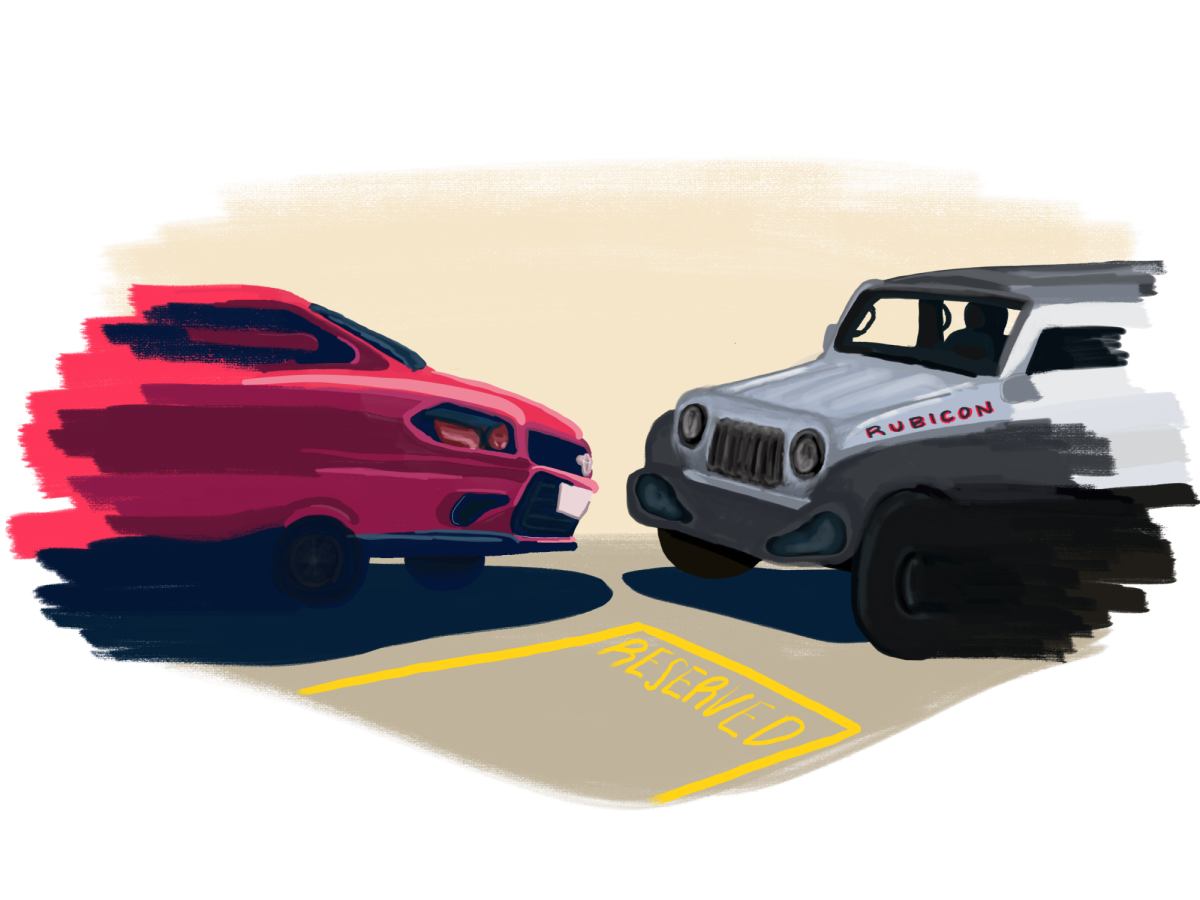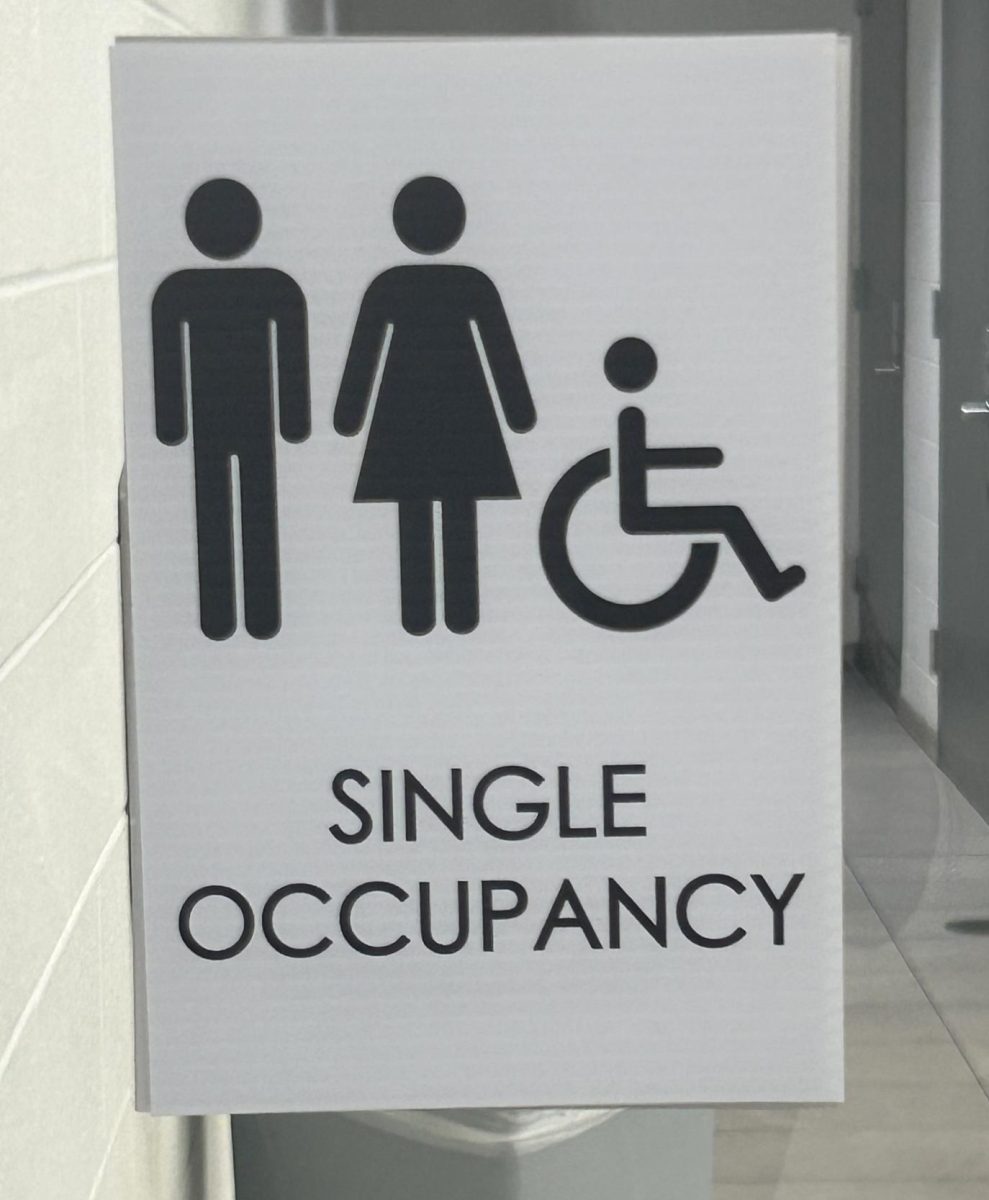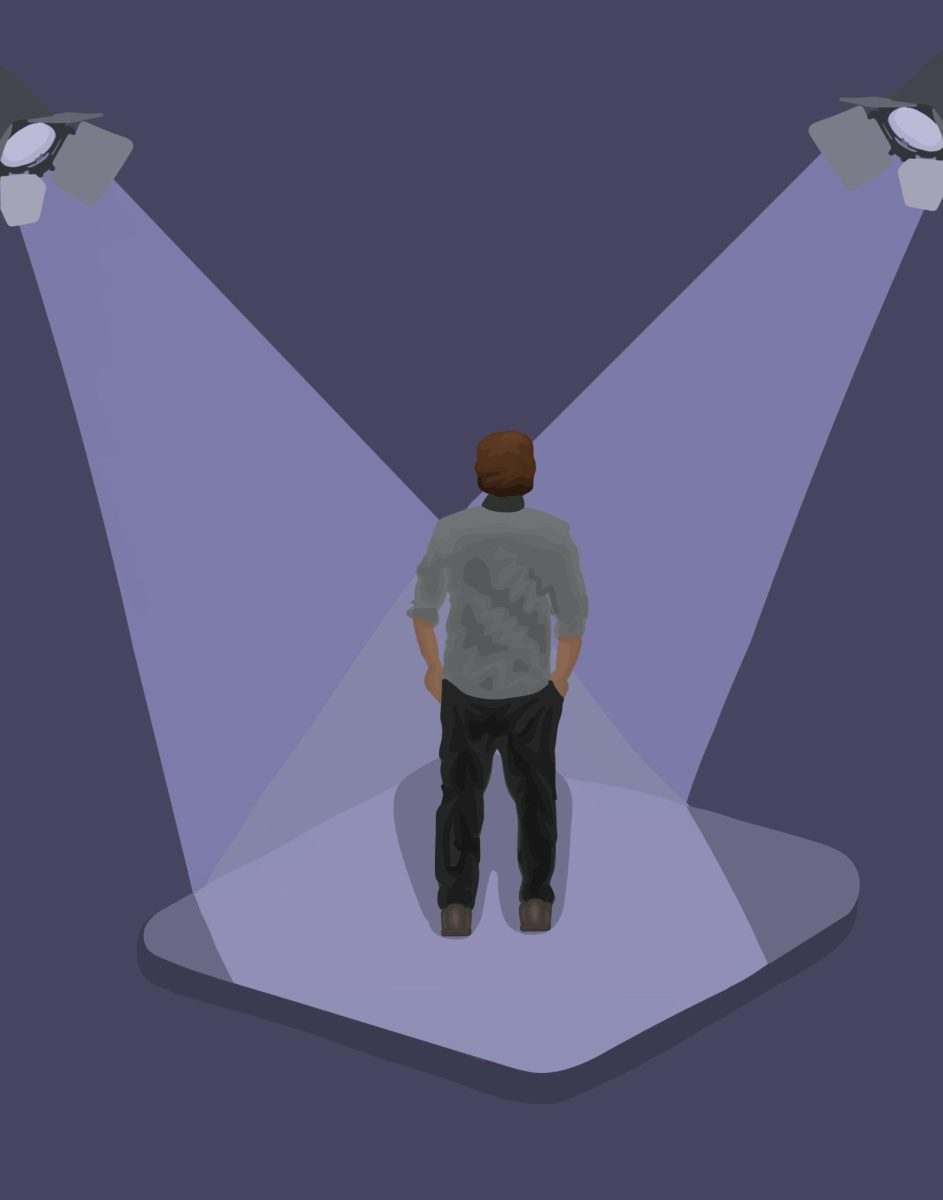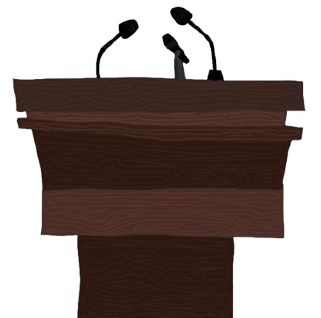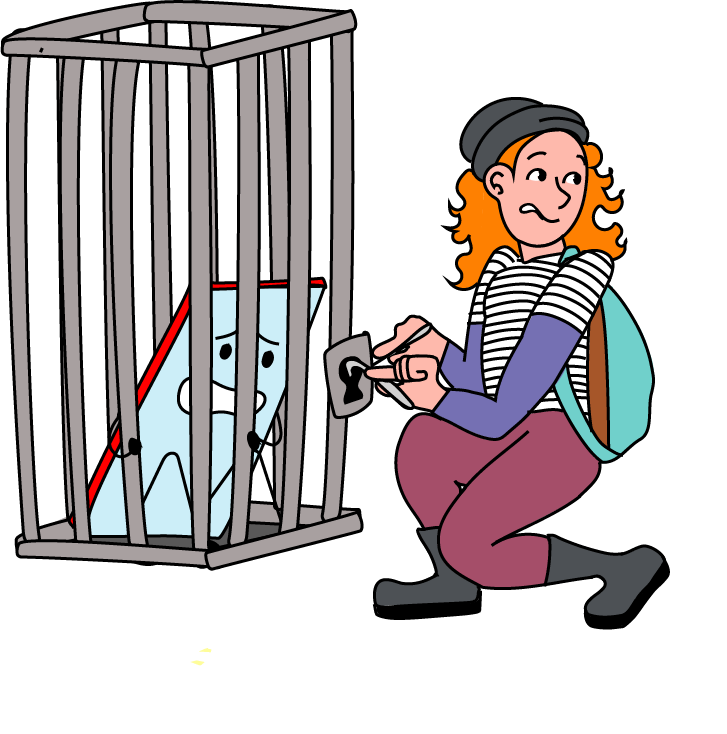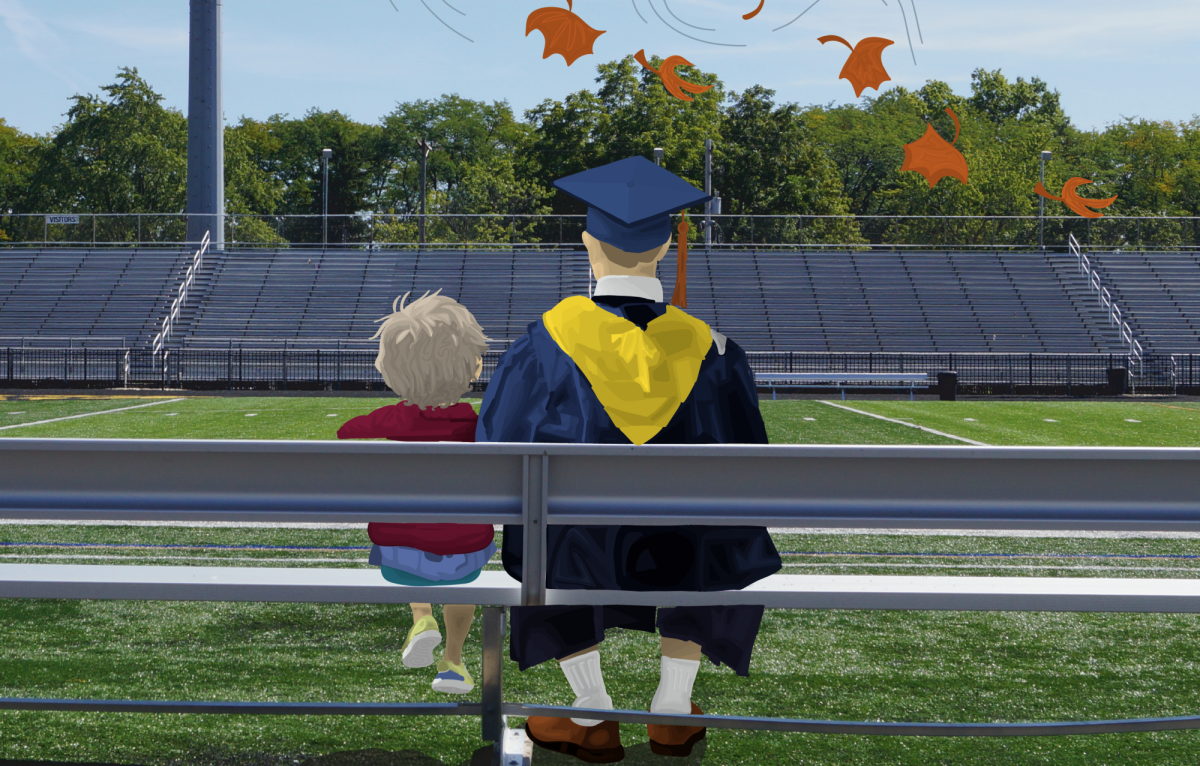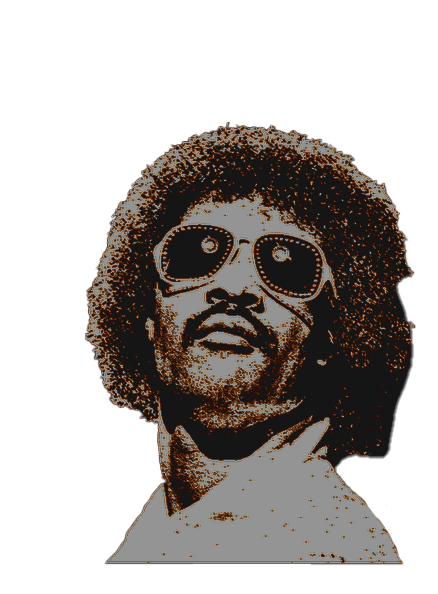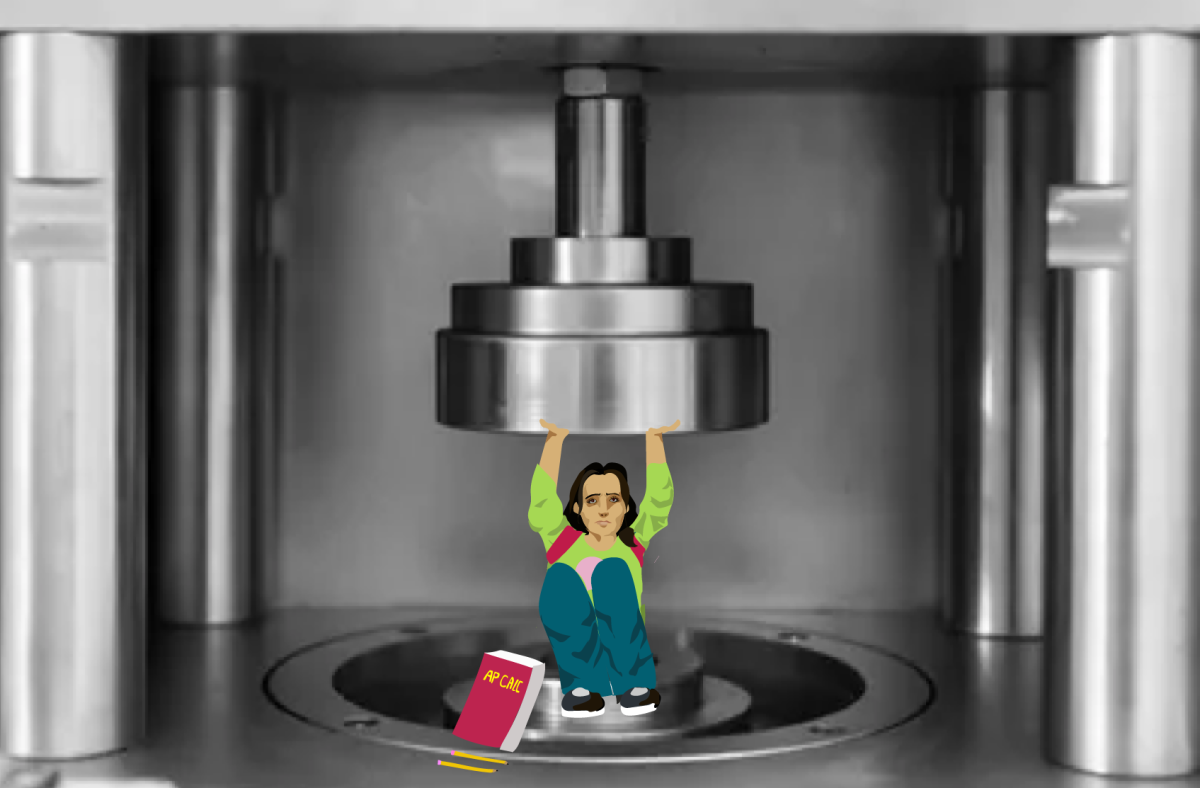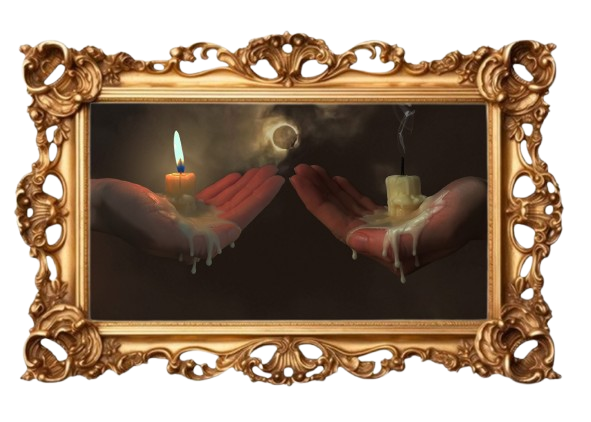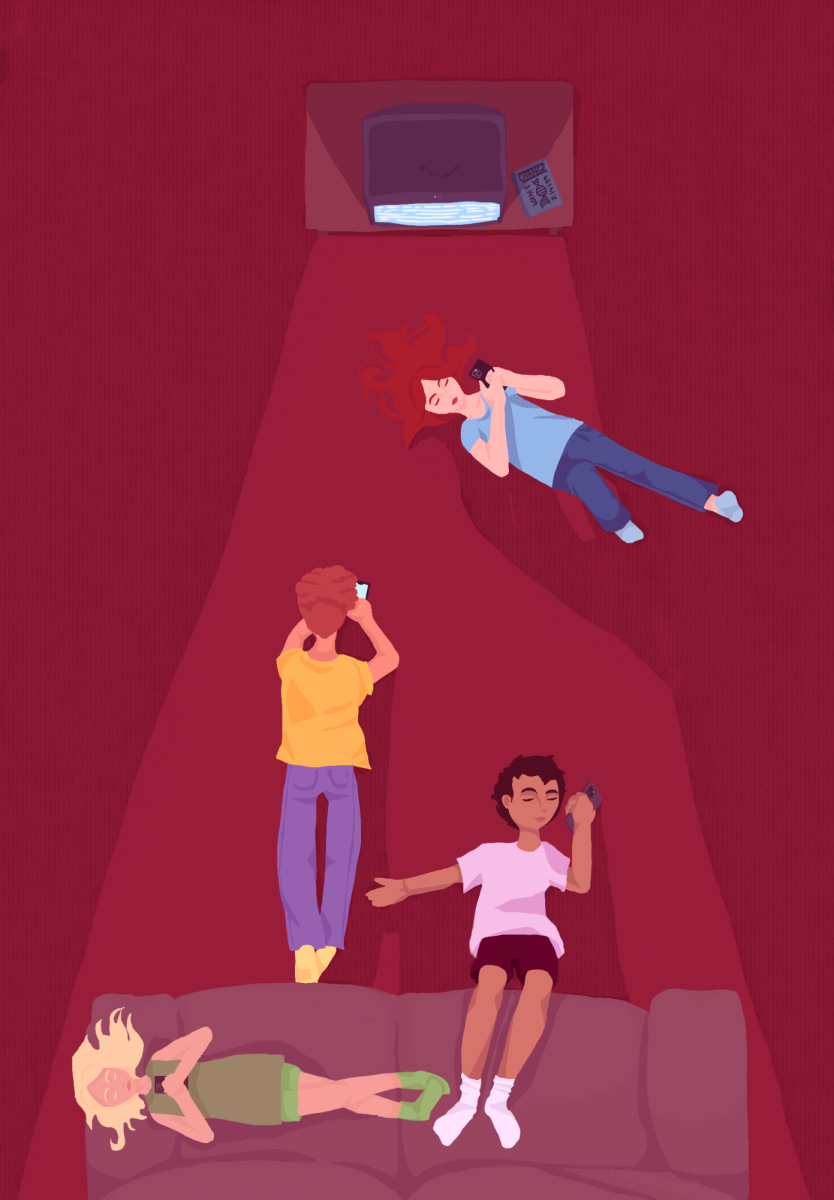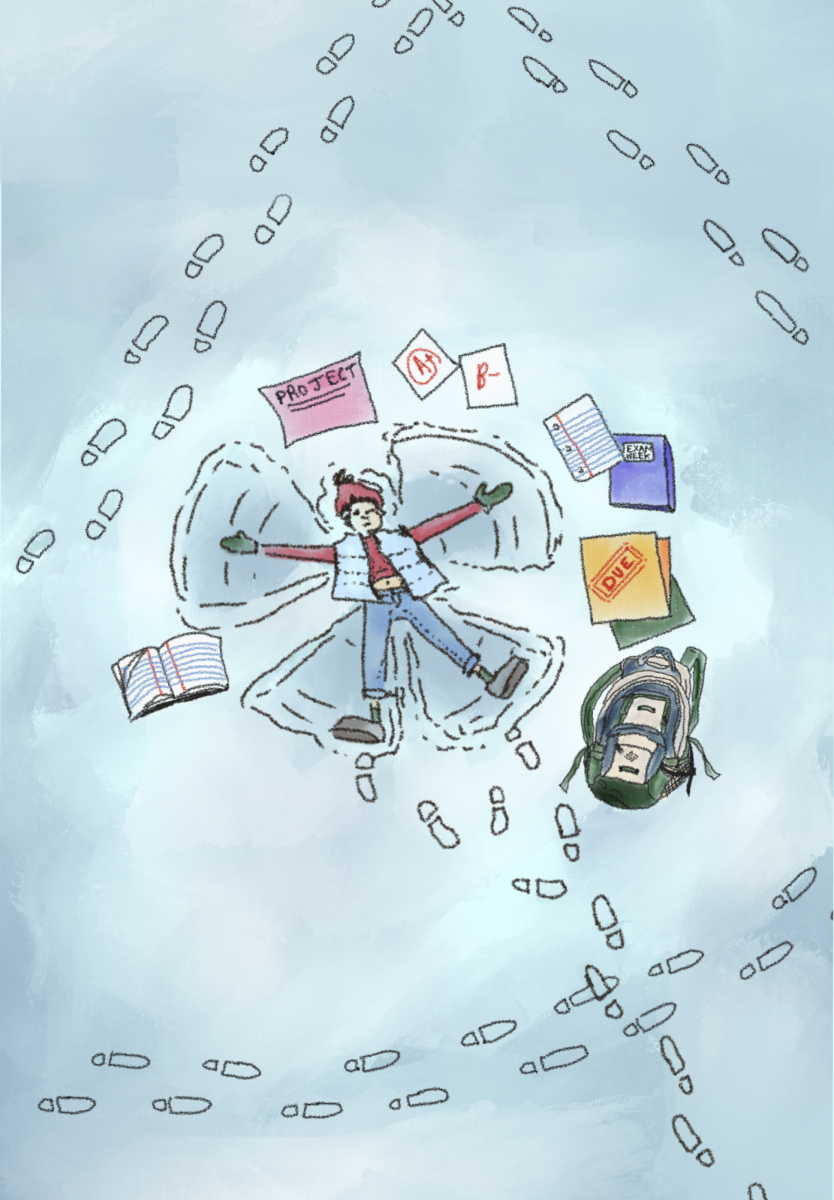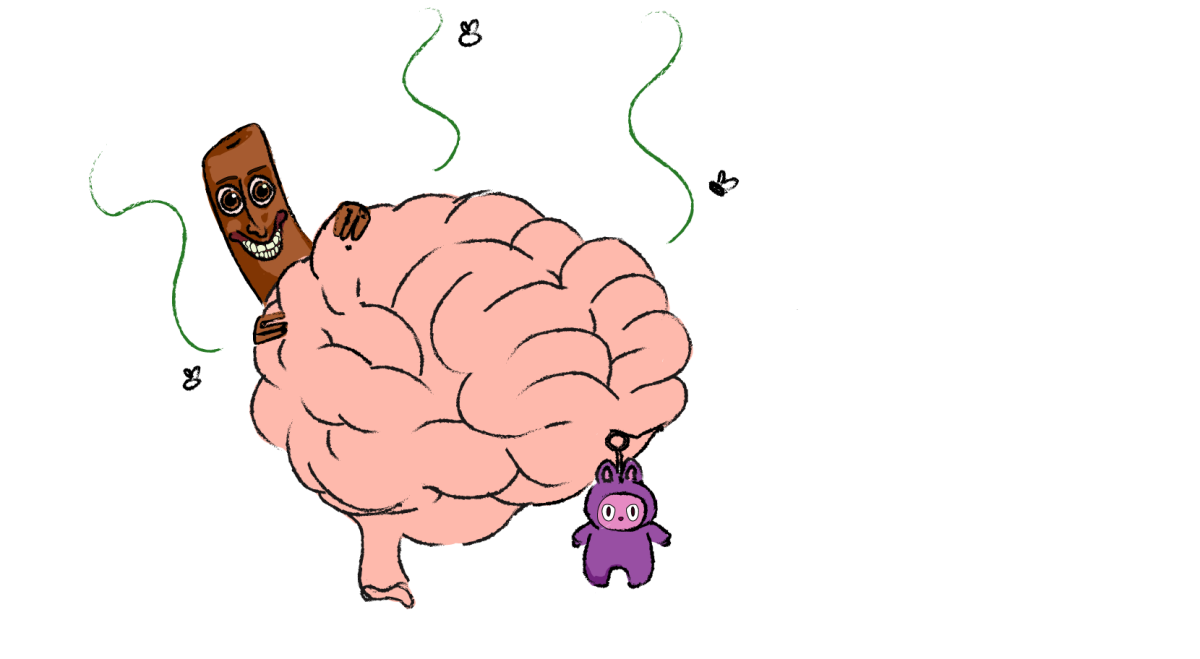The Merriam Webster Dictionary defines conspiracy theories as a belief that some influential or controlling organization or group is secretly responsible for a notable event or phenomenon. Ever since Ancient Greece, people have been drawing conclusions between industries, groups or individuals and events that have happened without all of the necessary information.
University of Kentucky Psychology Professor, Karen Douglas, explained that people may be attracted to certain conspiracy theories when they are struggling to cope with a situation and need reassurance from a group that is similar to them.
“Psychological research suggests that people are attracted to conspiracy theories when one or more fundamental psychological needs are frustrated. The first of these needs are epistemic, related to the need to know the truth and have clarity and certainty. The other needs are existential, which are related to the need to feel safe and to have some control over things that are happening around us, and social, which are related to the need to maintain our self-esteem and feel positive about the groups that we belong to,” Douglas said.
With the growth of social media, conspiracy theories have been spreading more rapidly and have become harder to dismiss. Douglas said that now more than ever, people are going to believe what they are told.
“It is easy to find and share conspiracy theories on social media. People who are interested in conspiracy theories can find them almost immediately and they can spread rapidly. Once conspiracy theories are out there, they are difficult to quell, especially when some of the facts are still unknown. Even after that, once people believe in a conspiracy theory, it is often difficult to convince them otherwise,” she said.
Senior Joe Butz shared that he believes that sometimes when people hear things that sound true they will jump to conclusions without first exploring all of the evidence.
“People will hear [things] sometimes that could sound right and they just start to believe it,” he said.
When people think of conspiracy theories they tend to think of the more widespread ones that talk about how the government is spying on their citizens. Junior Hazel Burt shared how she perceives conspiracy theorists as people who have distrust in society.
“[I view conspiracy theorists as] people who believe that birds are controlled by the government to spy on us,” Burt said.
While there are many people who are skeptical about those in power, many who end up falling into conspiracy theories do so to cope with something traumatic that happened on the news.
“We tend to see a lot of conspiracy theories when things happen like assassination attempts, sudden deaths of public figures, important elections, sudden controversies surrounded by secrecy or during pandemics. People are looking for ways to understand what is going on and they don’t like the uncertainty that often surrounds unfolding events,” Douglas said.
One older conspiracy theory that was created by people unsure about an event and jumping to conclusions was the Roswell incident. According to Brittanica, in 1947, right after World War II when the tension between Russia and the United States were growing, an unknown object was found crashed in Roswell, New Mexico. Around that time, more people started to find mysterious debris on their land.
This led to many believing that all of the debris that was found were spaceships piloted by aliens. When people started to worry, the government almost immediately made a statement saying that the debris that was found was just a weather balloon and there was nothing to be concerned about. This explanation only made people more concerned, as many viewed it as a cover up, which led to more conspiracy theories being created.
It was later discovered in 1994, that the balloon that was found was part of Project Mogul, which was a way that the U.S. tried to monitor and prevent Soviet nuclear attacks.
With the uncertainty of the Cold War going on, many felt scared, which led them to form conclusions with little to no evidence behind them. Although there are many traps that can lead to believing in conspiracy theories, it is important to remember that there are consequences behind these beliefs.
Douglas explained that while they can be entertaining to hear about, conspiracy theories can hurt people and humanity as a whole.
“They can turn people away from mainstream politics and science in favor of more extreme political views and anti-science attitudes. For some people they might just be entertaining and harmless fun, but in many cases, they are potentially much more dangerous,” she said.

